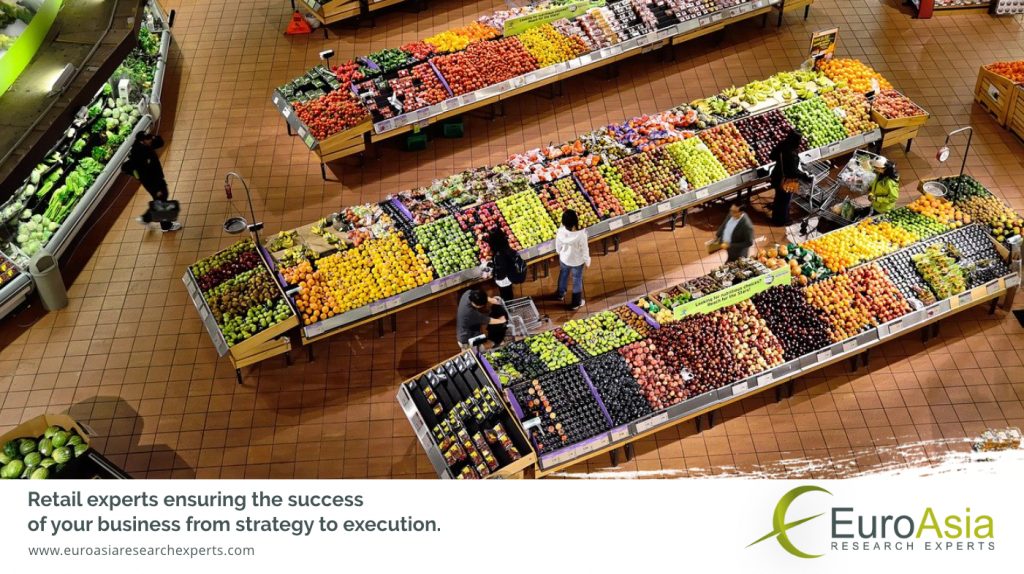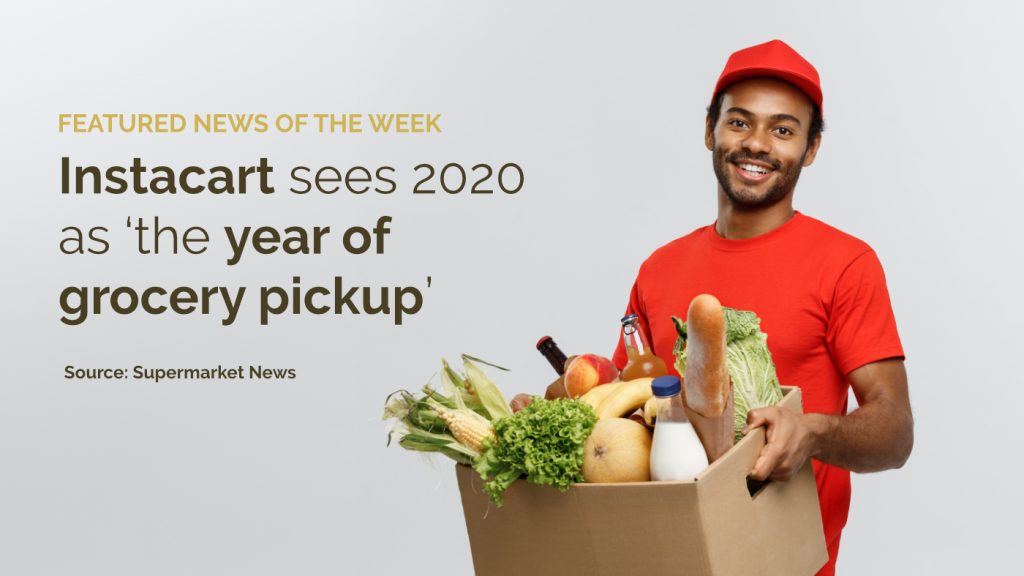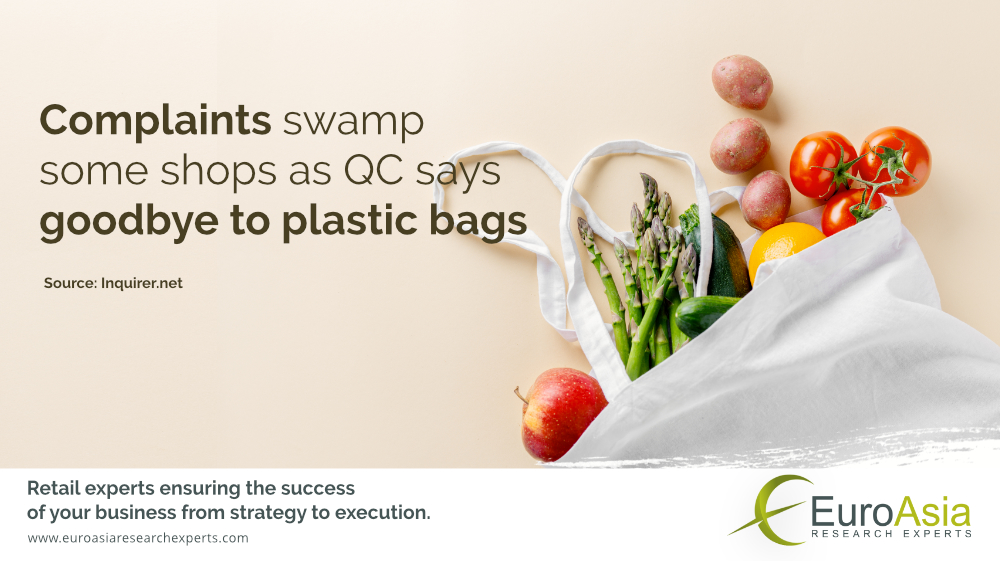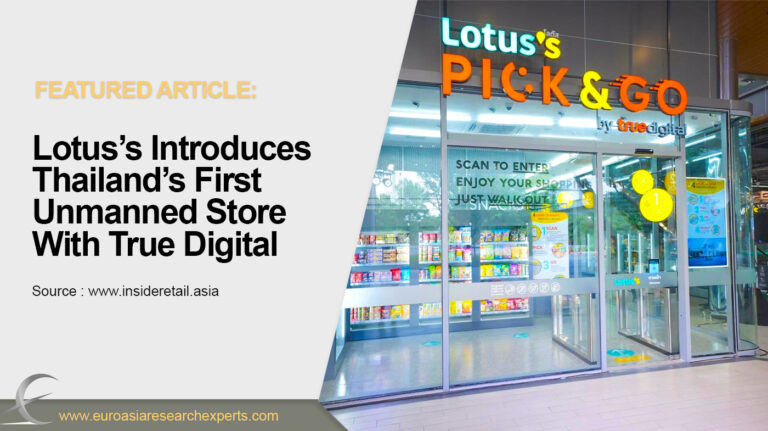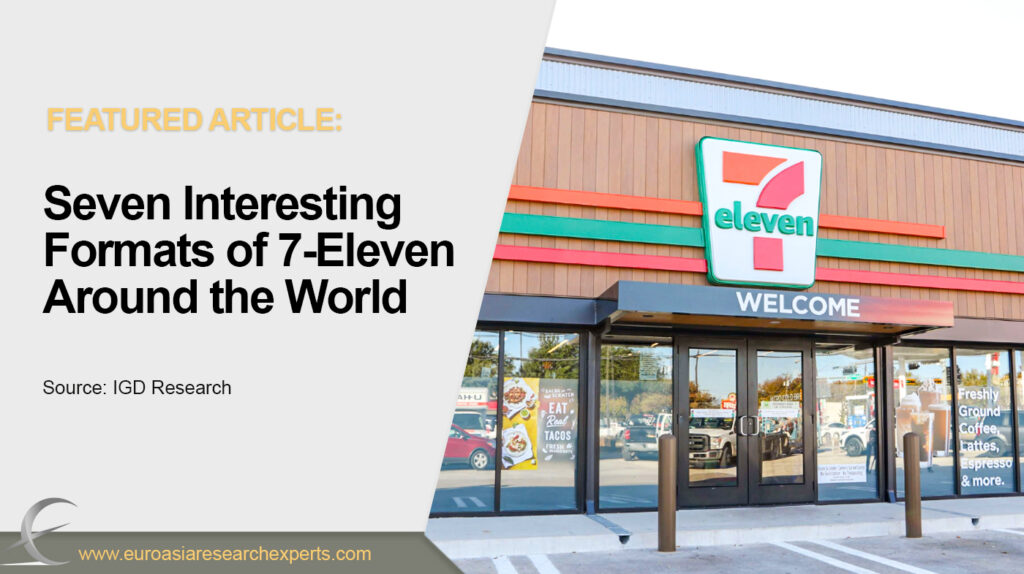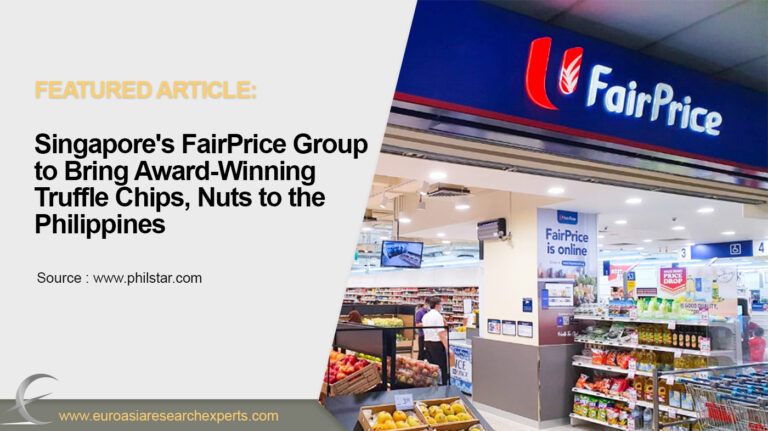Enhanced Instacart Pickup service now live at 1,500 supermarkets in 30 states Instacart is doubling down on click-and-collect online grocery service with an upgraded Instacart Pickup product and a nationwide rollout to retailers by the year’s end.
To support the expanded grocery pickup business, San Francisco-based Instacart on Tuesday named company veteran Sarah Mastrorocco as general manager of Instacart Pickup, a newly created position.
Currently, Instacart Pickup is available at more than 1,500 stores in 30 states through over 50 grocery retailers, including Albertsons, Publix Super Markets, Wegmans Food Markets, Schnucks Market, Price Chopper, Gelson’s Markets, Shop ‘n Save and The Fresh Market. Plans call for the service to be live at supermarkets in all 50 states by the end of 2020, Instacart said.
“2020 is the year of pickup. For our retail partners, we’ve seen Instacart Pickup become a gateway to growth in a margin-thin industry,” Instacart President Nilam Ganenthiran said in a statement. “Our pickup product is also becoming a significant revenue contributor for our retail partners, growing customer basket size by an average of 15% and accounting for an average of 20% of a retailer’s total Instacart store sales.”
Instacart said its “reimagined” pickup product has launched gradually at grocery retailers in recent months and is now available across the United States and Canada. Among the key new features is Smart Storefronts, which enables customers to view
delivery and pickup options from one digital storefront for each of the grocers they shop on the Instacart platform. As a result, users can now toggle between delivery and pickup options to see the latest inventory by store and compare time windows for both.
The updated Instacart Pickup also facilitates collecting after clicking. Pick Your Pickup Mapping functionality allows customers to view and choose the pickup location most convenient to their route that day, such as when coming from home, work, soccer
practice and elsewhere. In addition, customers can now enable location-based notifications, known as On The Way Alerts, to let their store know when they’re on the way and getting close. That allows in-store shoppers to be ready and waiting for
Gelson’s has expanded its partnership with Instacart to add pickup to all of its store locations.
“At Gelson’s, Instacart Pickup is an integral part of the way we’re evolving to meet the changing needs of our customers, who appreciate the flexibility and affordability that comes with a curbside offering. We recently expanded our partnership with Instacart to add pickup, in addition to delivery, across 100% of our store locations,” said John Bagan, chief merchandising officer at Encino, Calif.-based Gelson’s Markets. “With this new partnership, customers can now have groceries and household essentials as well as beer, wine and spirits ready for same-day pickup. While still early days, Instacart Pickup is growing double-digits for us quarter over quarter, making it clear how much our customers value — and have come to rely on — this new experience.”
Other new Instacart Pickup features include customized navigation, which sends customers to the mapping app of their choice to automatically direct drivers from their current location to the store. Users, too, can now share their order details with friends
and family to designate another driver for an order pickup. Instacart added that it’s also continuing to expand alcohol pickup service, currently offered via 20-plus retail partners, including Aldi, BevMo!, Publix, Save Mart, Sprouts Farmers Market and Wegmans.
“We first partnered with Instacart to bring Cub stores online with delivery in 2015 and, based on the overwhelmingly positive customer response, last year we expanded ourInstacart partnership to include pickup across nearly 100% of the Cub store footprint,” according to Darren Caudill, senior vice president of sales, merchandising and marketing at Minneapolis-based Cub Foods. “Cub Foods customers are shopping online more than ever before, and having a seamless pickup experience is an important part of the digital offering we’re building for those loyal customers. It’s also been a boon for our business. We’ve seen our pickup business double in the last three months alone.”
Instacart said it’s launching pickup service at hundreds of stores monthly and expects to more than double the number of locations offering the service this year.
“Instacart’s broader business continues to grow at an incredible clip, with pickup as our fastest-growing product,” noted Ganenthiran. “With the completed rollout of the new Instacart Pickup and the appointment of Sarah as our new GM, we’re laying the groundwork now to prepare for another year of triple-digit growth. By year-end, we expect to have the largest pickup retail footprint in North America and, in the coming years, to grow Instacart Pickup into a multibillion-dollar business.”
In her new role, Mastrorocco (left) will work with partners across the Instacart organization to oversee and scale the fast-growing pickup operation, the company said. She joined Instacart nearly six years ago as the first member of the business
development team and then served in various leadership posts in such areas as catalog and account management. Most recently, she was vice president of business development. Before coming to Instacart, Mastrorocco was a member of PepsiCo’s
Global Operations Group, working on direct-store delivery operations in North and South America, and served on Frito-Lay North America’s strategy and M&A team.
“As we’ve come to understand the massive growth opportunity ahead for this product, it made sense to deepen our commitment to Instacart Pickup and grow our team to prepare for a year of expansion and innovation in the space,” Mastrorocco told
Supermarket News. “I’m thrilled to have the opportunity to lead this work — which is powered by a very talented group of people, including product managers, machine learning engineers, data scientists and operations researchers — to better serve the pickup business and deliver more innovative products for customers.”
Instacart Pickup debuted at a handful of retail partners in 2018, and last year Instacart doubled the number of retailers and tripled the number of states offering the service. Mastrorocco reported that pickup accounts for 20% of a store’s overall Instacart sales within four to eight weeks of the service’s launch.
“Today, we have more than 350 grocery and retail partners on our marketplace, and more than 50 of those now offer pickup as an option. That’s a lot of green pasture to power pickup for our industry,” she said.
For consumers, online grocery pickup is a natural evolution from home delivery, Mastrorocco added. “The growth we’re seeing is rooted in what we’re hearing from our customers. Consumers are in the driver’s seat more so than ever, and pickup gives
them one more highly flexible and affordable option to choose from,” she said. “Whether they’re doing their weekly shop, stocking up with pantry essentials, or shopping for a special recipe, people love being able to choose how to get what they want.”
On the delivery side, Instacart’s service is available at nearly 25,000 stores in more than 5,500 cities in the U.S. and Canada, serving over 85% of households in the U.S. and more than 70% of households in Canada.
Read original article: https://www.supermarketnews.com/online-retail/instacart-sees-2020-year-grocery-pickup

